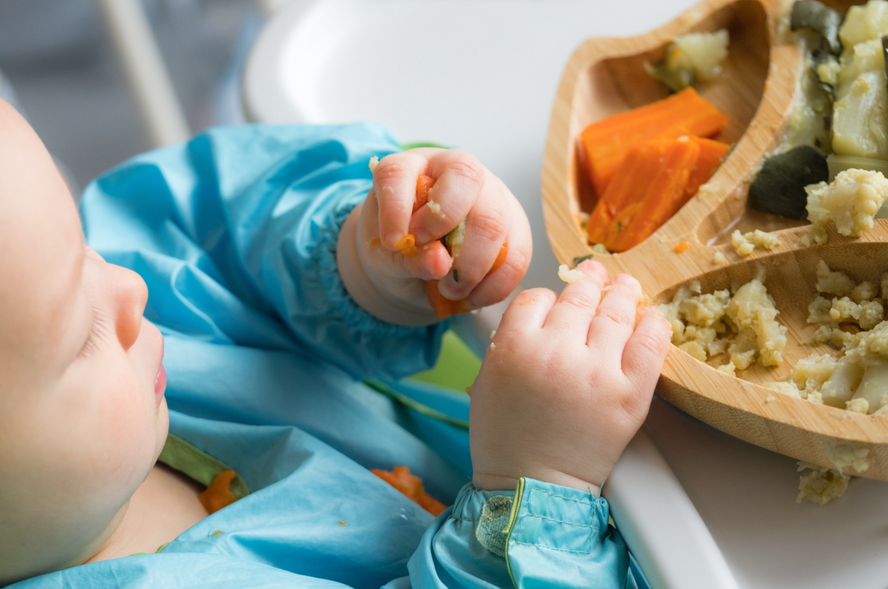Has feeding your baby become a nightmare for weeks? Is he turning his nose up at everything you offer, even things he used to ask for? No, you're not a bad parent! Several factors could be causing your child's lack of appetite. Go on, take a deep breath, and read this...
Illness, toothache, growth... Your delicious meals aren't necessarily the cause!
Is your baby losing some of their legendary appetite? Don't panic! Here are the most common factors that contribute to loss of appetite in young children:
- Your baby may be teething . Because the pressure of food on the jaw can be painful, your baby will likely turn his or her head away from the spoon you offer.
- Check your baby for a fever or consult your pediatrician to make sure they're not sick. Ear infections, sore throats, or digestive problems can all make eating less likely.
- If your baby has recently been vaccinated , chances are he or she is sleeping a lot and not very hungry.
When it's the contents of the meal that's the problem... don't worry!
- If your child is between 2 and 3 years old, it is probably a case of " food neophobia ", which is very common at that age.
- If he only balks at his green vegetables , it may not be that he isn't hungry, but rather that he needs to get used to more bitter flavors .
- Beware of snacking and sugary drinks between meals, which fill the stomach and suppress the feeling of hunger at mealtimes.
In any case, most nutritionists and pediatricians agree that a child who does not eat large quantities but who grows well (you can see this on his growth curve in the health record) is reassuring.
Good solutions to get everything back to normal
You are reassured, but you are probably asking yourself, "What can I do to stop this hunger strike?"
- It makes sense, but it's not something you might think about at first; don't hesitate to talk about it with your pediatrician .
- Be patient . If your child's weight is growing normally, this may be a transitional phase that will pass... don't hesitate to check out the many ideas and tips we regularly publish on the Parents' Blog that will help your little ones love fruits and vegetables.
- Promote a calm, relaxed and friendly atmosphere during your baby's meal.
- "After the hour is over." This famous maxim also applies to your baby's lunch and dinner. Forget the idea of serving him more puree until he's willing to swallow two mouthfuls and wait until the next meal . If he hasn't eaten at the previous meal, it's quite possible that he'll greedily throw himself on the small dish you serve him.
- Avoid distractions like the television on or toys within reach that might distract your baby from the mealtime activity.
Sources:
Stéphanie Côté, nutritionist (http://naitreetgrandir.com/fr/etape/1_3_ans/alimentation/fiche.aspx?doc=bg-naitre-grandir-enfant-alimentation-caprice-alimentaire) http://sante.lefigaro.fr/sante/symptome/perte-dappetit/chez-lenfant












